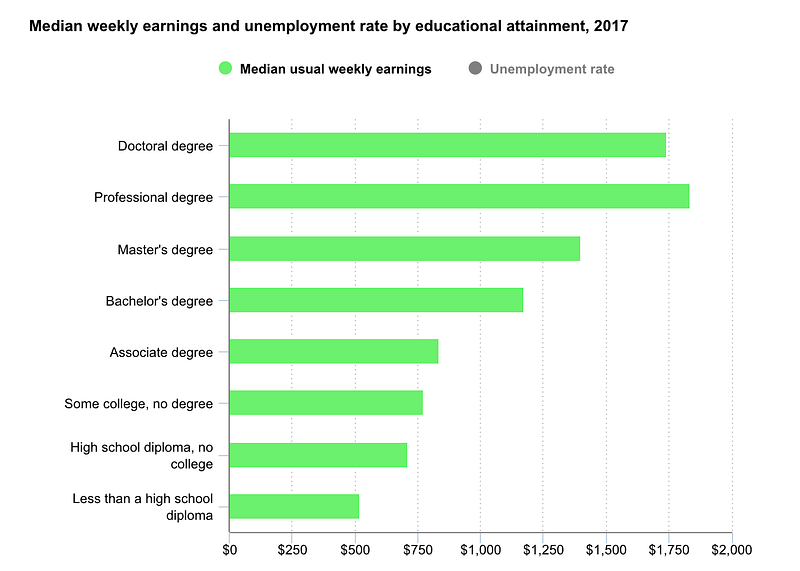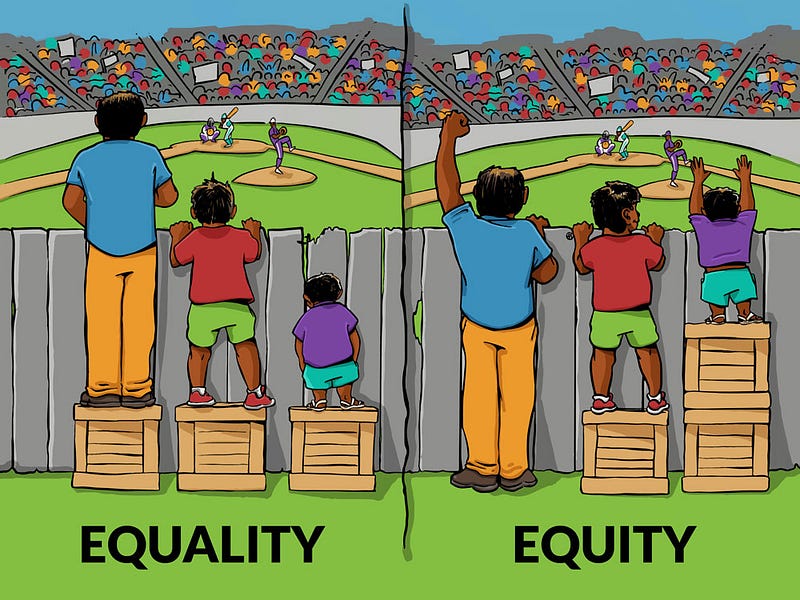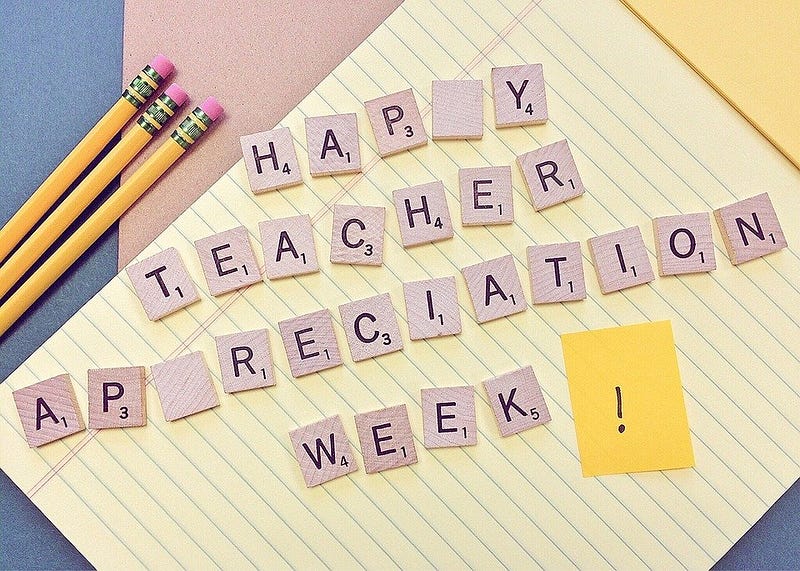Too many students don’t find school meaningful, but it could — and should be. When students feel their courses and school work are connected to their futures, they are more engaged, more successful, and more likely to graduate and go on to further education.
Student engagement, a measure of meaningfulness, is known to be associated with academic success. Researchers Nicolas Fatou and Violaine Kubiszewski note that students who are engaged in school are less likely to drop out. School Psychology Quarterly, a publication of the American Psychological Association, reports that “high school dropout has been associated with negative outcomes, including increased rates of unemployment, incarceration, and mortality.”
“The more you learn, the more you earn,” says the US Bureau of Labor Statistics. Dropping out of high school is very expensive. By some estimates, over their lifetime, a high school dropout will earn $250,000 less than a person with a high school degree and almost a million dollars less than a college graduate.
It is critical, therefore, to ensure that every student graduates high school.
How do we achieve this? Students say that one of the most essential ingredients is having school be engaging and inspiring. Students want and deserve to have the 35-plus hours per week they spend in school to relate more directly to their futures. They want their schools to help guide them towards a career path which excites them — towards work which will be meaningful and valued.

Teaching to a test is not inspiring. As one high schooler observes, “Students aren’t encouraged to seek out knowledge or to be interested in the things that they’re learning. It’s all based on reaching a standard.”
An overemphasis on standardized tests and achieving grades zap motivation and contribute to anxiety and a sense of meaninglessness expressed by the ever present question, Will this be on the test?
One Louisville student shared this insight on the stress and pressure she feels: “Classes at school aren’t just classes. Like a test isn’t a test. A test is your grade in the class which is your GPA which is your college admittance which is your career which is your life — the test is your life. And then you end up in the therapist’s office, you know?”
“Classes at school aren’t just classes. Like a test isn’t a test. A test is your grade in the class which is your GPA which is your college admittance which is your career which is your life — the test is your life. And then you end up in the therapist’s office, you know?”
Education is the primary work of young people. We all learn better and are more motivated when the work we are doing has meaning to us. Even the most seemingly tedious or “boring” tasks or subjects can become interesting and therefore engaging — but it might take some creativity. Rachelle Dene Poth, an educator and contributor to the website TeachThought, notes that, “It can be risky trying some different methods in the classroom, but in order to keep students engaged and to move beyond the traditional classroom roles of teacher-driven learning to engage students in learning, we have to step out of doing what we have always done.”
Efforts by teachers like Ms. Poth are deeply appreciated by students. “My teacher, rather than just putting a grade in for our pieces, would personally write each of us a full-page letter explaining why we got the grade we did, what our strengths and weaknesses were, and how we can combat these difficulties in future pieces,” one high school student said.
Not only do schools provide academic education, they are also an important environment in which significant social and character growth take place. It is hard to push through challenges and demonstrate grit just for a grade. Most students, however, will work hard for something they have a passion for. Organizations like The Future Project report that 97% of students who work with their “Dream Directors” in high school “show growth in critical mindsets and skills correlated with long-term thriving.”
Without this personal connection to their schoolwork, some students who do go on to further education wind up having to take remedial courses after they graduate from high school. This is a very costly outcome for both society and most importantly, for the individual student.
In fact, according to the Kentucky Council on Postsecondary Education, approximately “one in three Kentucky high school graduates is not ready for college-level work in three crucial subjects: reading, writing and mathematics.” This is especially troubling, given that many of today’s higher-paying jobs require more than a high school degree. Beyond jobs, these skills are integral to critical thinking and personal development.
“One in three Kentucky high school graduates is not ready for college-level work in three crucial subjects: reading, writing and mathematics.”
The Council points out the high price for remediation: “the majority of these students do not complete their college degrees, due to either the increased time-to-degree or lack of content knowledge needed for progression. This is costly to students, families, institutions and taxpayers, and poses a challenge to increasing Kentucky’s education attainment levels.”
Being more engaged in what they are doing at school each day would lead more students to persist and be better prepared to continue their education. Students who complete additional education (college or technical training) after high school earn more money, and tend to be more involved in their communities. Most importantly, when we feel what we are doing is worthwhile, we are happier.
When educators have the flexibility to get beyond teaching to the test and when students are asked to participate in their own educational process, school becomes meaningful.

Rachel Bradley is a senior at Kentucky Country Day School.

The opinions expressed on the Forum represent the individual students to whom they are attributed. They do not reflect the official position or opinion of the Prichard Committee for Academic Excellence or the Student Voice Team. Read about our policies.












